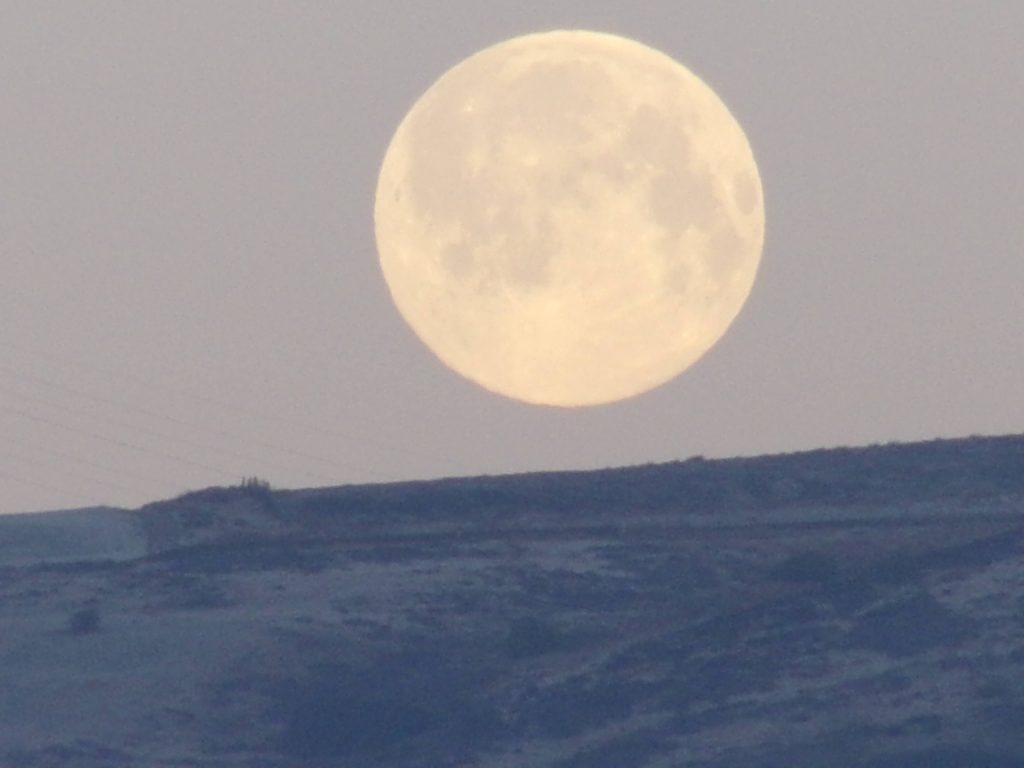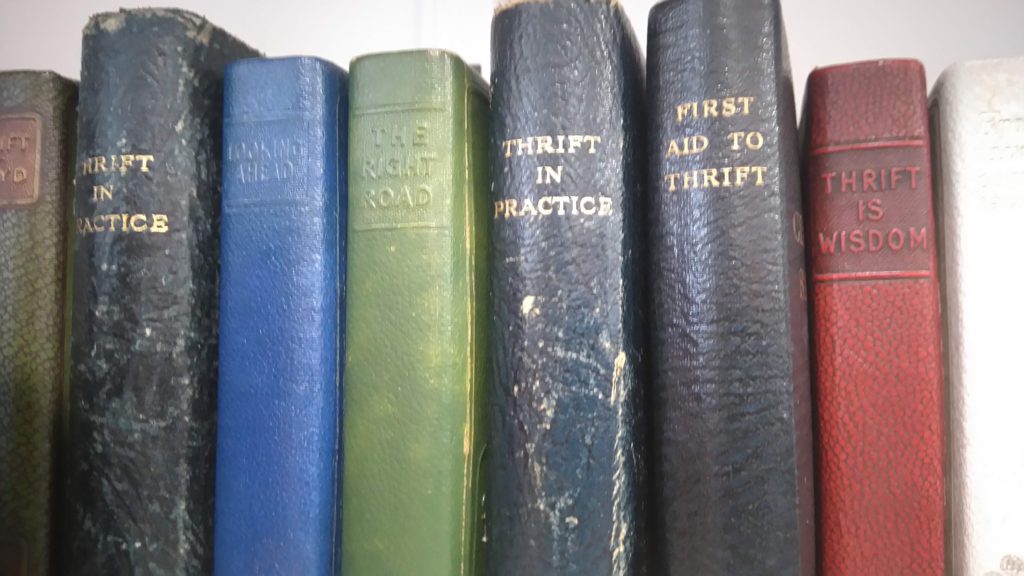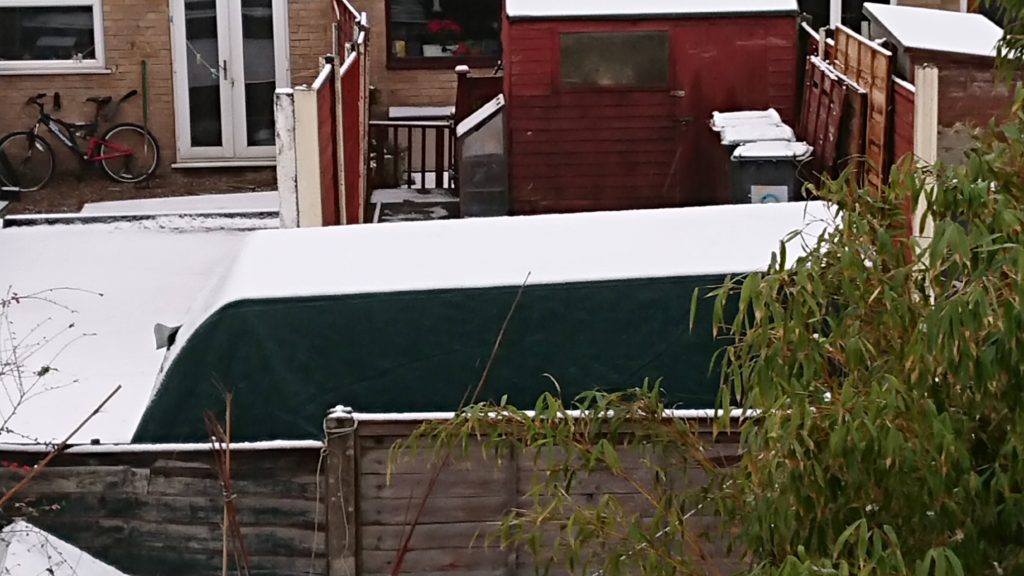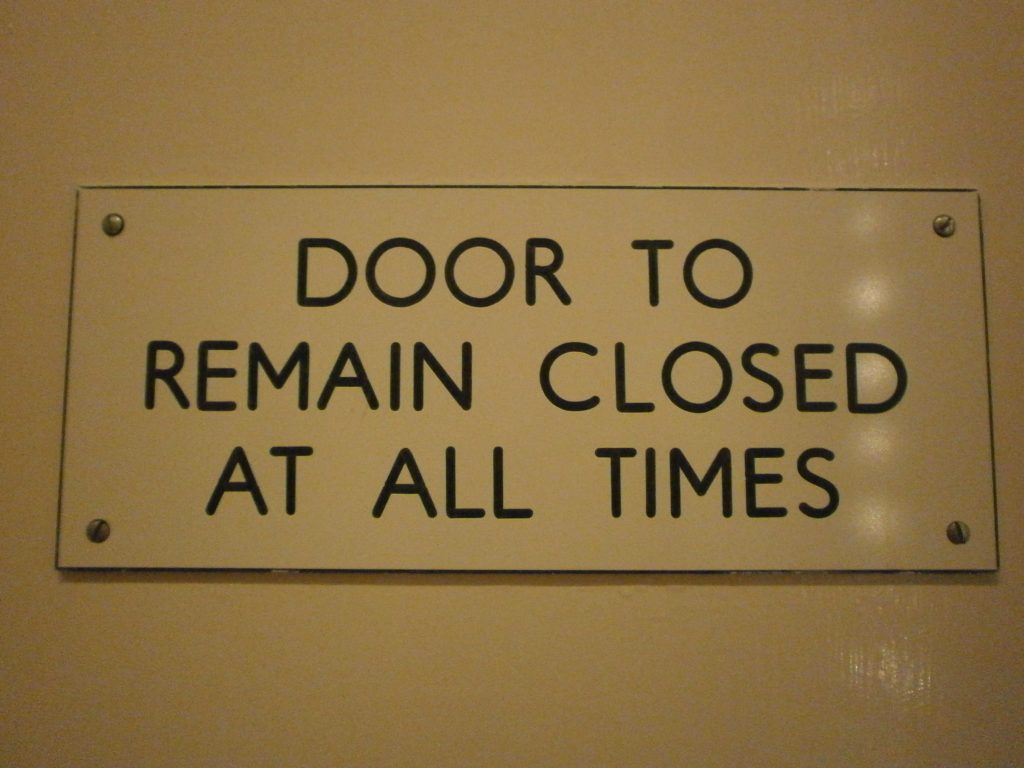Dear Benedict,
I can’t decide if time goes more or less quickly during a Lockdown. It certainly seems odd, nearly one year after the first Lockdown to be seeing the seasons begin to repeat. I make my daily pilgrimage through Longdendale, stopping to admire each breaking bud or gaze at the reflections of the valley. These are my hours, my opus dei.

In a community things need some organisation. It helps to have a timetable for community activities, especially the most important ones as you point out in chapter 47 of your Rule. One of the gifts of the COVID year to our Lay Community has been a very full timetable of on line events developed since Easter last year (see website for details).
However, the gyrovague in me is still off up the valley in my ‘What shall we do about Janet’ habit gazing at the moon and admiring the reflections of the valley. My smartphone replaces my rod and staff as essential equipment.

There’s a lot to see here even after a year. Each day reveals some other glory, as the psalmist puts it.

There are no bells in the valley so no one summons me home, only my tired legs and the promise that God will grant a quiet night.

From my remembered bible: The sun announces God’s glory from one end of the day to the other.
Glory to God!
From A Friend of Scholastica and a Member of the Lay community of St Benedict.






